Equinor's deficit grows tenfold in historic slump
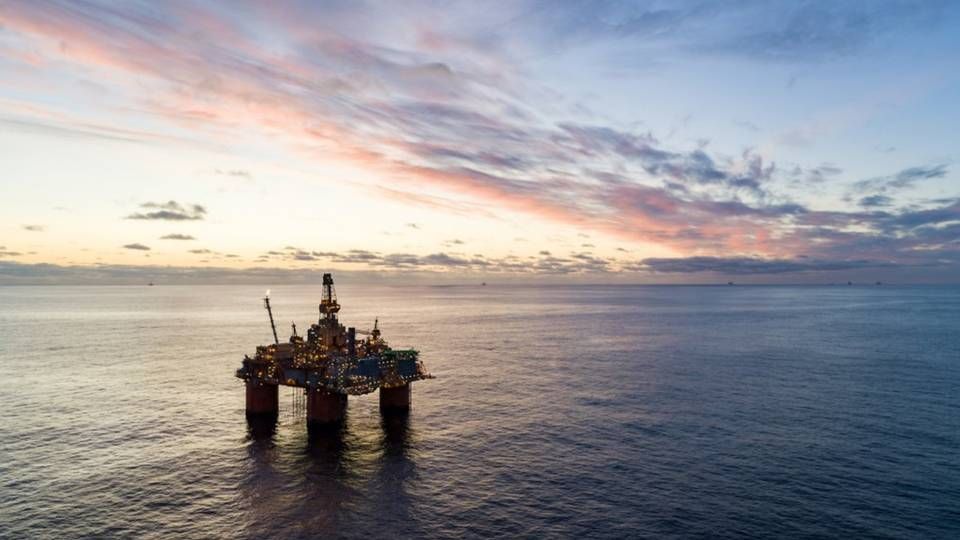
If he were ever in doubt, the company's newly published annual report leaves no question: New Equinor Chief Executive Anders Opedal has taken the reins at one of the most difficult times in the Norwegian oil giant's history.
Wednesday morning, he presents the first quarterly results under his management after replacing Eldar Sætre on Nov. 2 last year.
The report shows that in the final three months of the year Equinor incurred a deficit of USD 2.41 billion. That's more than a tenfold increase of the deficit seen in Q4 2019, which came to USD 230 million. This major setback is particularly tied to the Covid-19 and oil prices crises, which took hold in earnest during spring 2020.
The pandemic great diminished the need for oil on a global scale, sending prices into a free fall. Naturally, it was thereby much harder to secure earnings for major oil outfits last year. For Equinor, for instance, it meant that the company got an average of USD 37.4 per barrel for its Norwegian production during 2020, while the figure in the preceding year was USD 57.4.
Over the whole year, Equinor books a deficit of USD 5.5 billion, the worst ever seen.
But it could have been worse still, according to Opedal:
"Our results are impacted by the market turmoil during the year, but with strong cost improvements and capital discipline we delivered positive net cash flow for the quarter and the full year. During 2020 we have delivered more than 3.7 billion dollars in savings, well above our ambition for the action plan we launched in March to strengthen financial resilience," he says in a statement, adding:
"We are well positioned for value creation and strong cash flow in 2021 and the coming years."
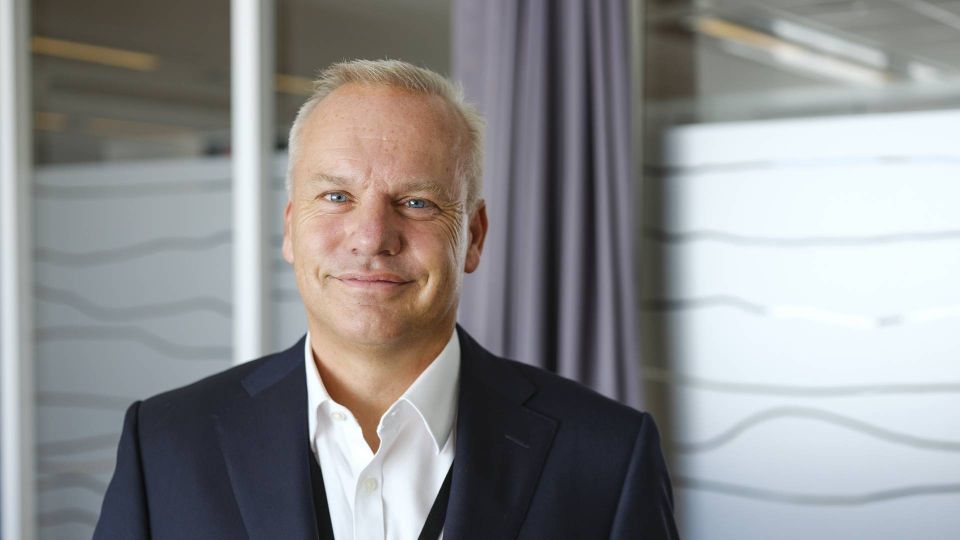
Sales fell nearly USD 20bn
Opedal also says he's impressed with how the organization has handled coronavirus-related challenges and created production growth during the pandemic.
"We are increasing production volumes from Johan Sverdrup even further, and we used our flexibility to have high gas production as gas prices increased in the quarter. In addition, we have started production from Snorre Expansion ahead of time and well below cost estimates," the CEO says.
Compared to the same quarter in 2019, the 2.043 million barrels per day put out on average in Q4 2020 mark a setback against last year's 2.198 million bpd.
Over the whole of 2020, Equinor completed 34 exploration wells with 16 commercial finds to show for it. Full-year revenue came to USD 45.8 billion against USD 64.3 billion in 2019, while quarterly sales dropped from USD 15.1 billion in Q4 2019 to USD 11.7 billion in the same quarter of 2020.
Average earnings remain positive, if heavily declining, with Equinor booking USD 756 million for the fourth quarter against USD 3.5 billion. For the entire year, adjusted earnings fell 71 percent to USD 3.9 billion.
Too soon to conclude
For 2021 and 2022, Equinor projects capital expenditure of USD 9-10 billion. The company expects to explore for USD 0.9 billion in 2021 and to increase its output by approximately 2 percent compared to 2020.
The Norwegian firm also asserts that it will still closely monitor the effects of the coronavirus on its operations.
"There has been considerable uncertainty created by the Covid-19 pandemic and we are still unable to predict the ultimate impact of this event, including impact on general economic conditions worldwide," writes Equinor in its report.
"Our future financial performance, including cash flow and liquidity, will be impacted by the extent and duration of the current market conditions, the development in realized prices, including price differentials and the effectiveness of actions taken in response to the pandemic."
Like its competitors in the oil industry, the company can celebrate the fact that a barrel of North Sea Brent crude has surged considerably in recent months, landing above USD 61 a barrel Wednesday morning CET.
Divests in US
The same morning, however, Equinor confirms that the company has opted to sell its assets in the US field Bakken.
Bakken is an onshore field that during Q4 put out over 48,000 boepd. The sale brings Equinor around USD 900 million in from buyer Grayson Mill Energy and is a matter of strengthening profitability and making the business more robust, Opedal says.
"By divesting our Bakken position we are realizing proceeds that can be deployed towards more competitive assets in our portfolio, enabling us to deliver increased value creation for our shareholders," he says.
Equinor proposes a dividend of USD 0.12 per share following the fourth quarter.
The company maintains its plan to become a climate-neutral company before 2050 as announced last year. During 2020, the firm took the investment decision for Dogger Bank A and B, won the largest offshore wind contract in the US to date and began establishing its floating wind project Hywind Tampen.
English Edit: Jonas Sahl Jørgensen
Equinor wins oil dispute in Nigeria
Equinor threatens to leave Angola license on lack of response
Related articles
Equinor wins oil dispute in Nigeria
For subscribers
Equinor books near billion-dollar impairment on LNG project
For subscribers

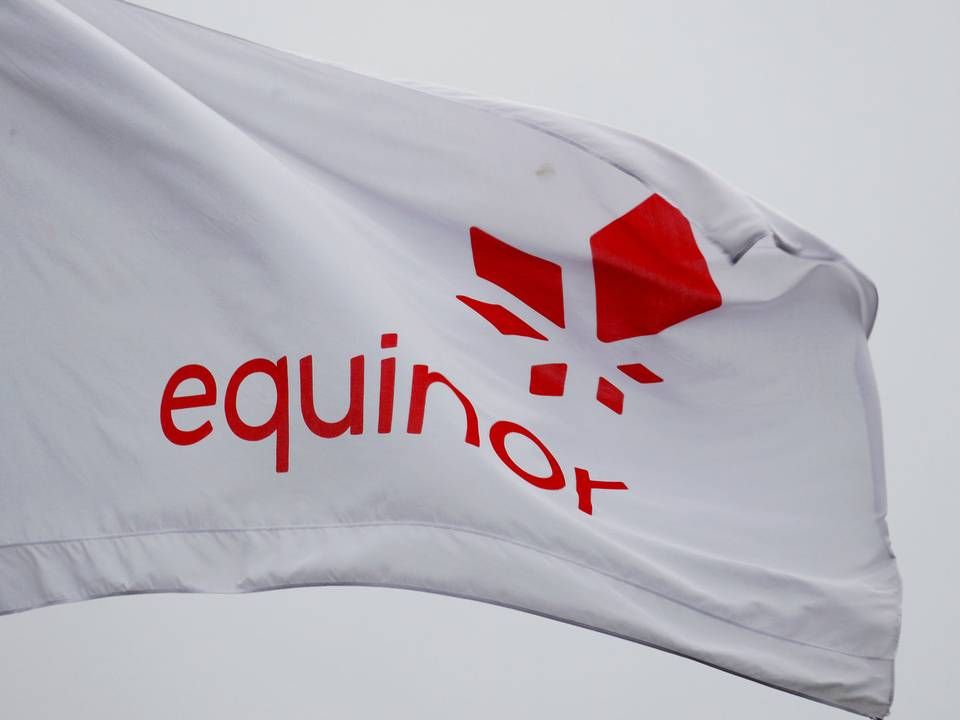
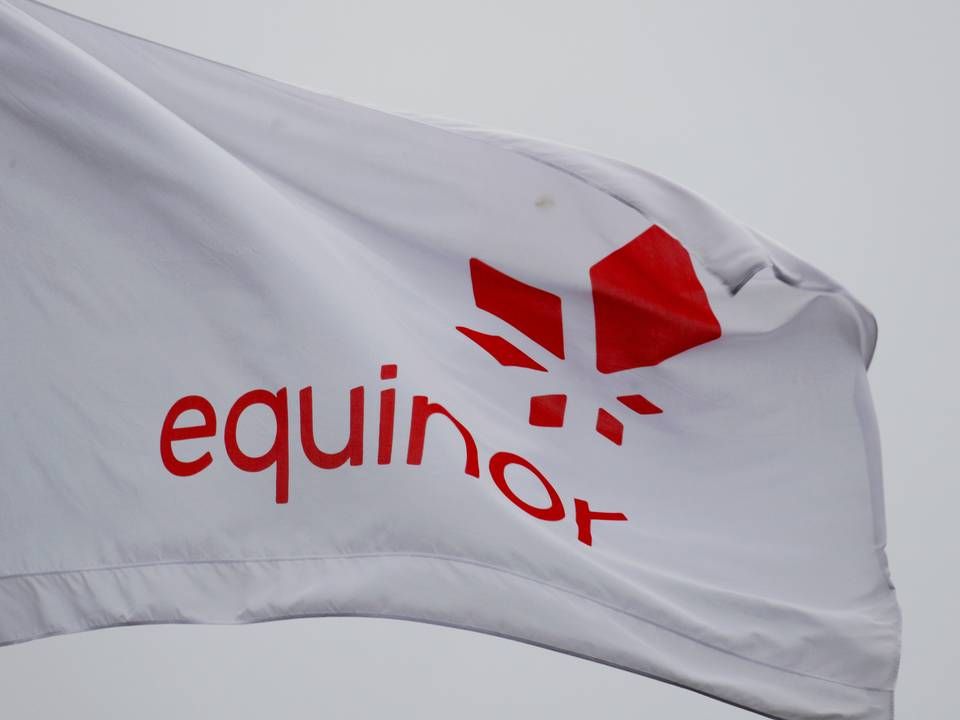
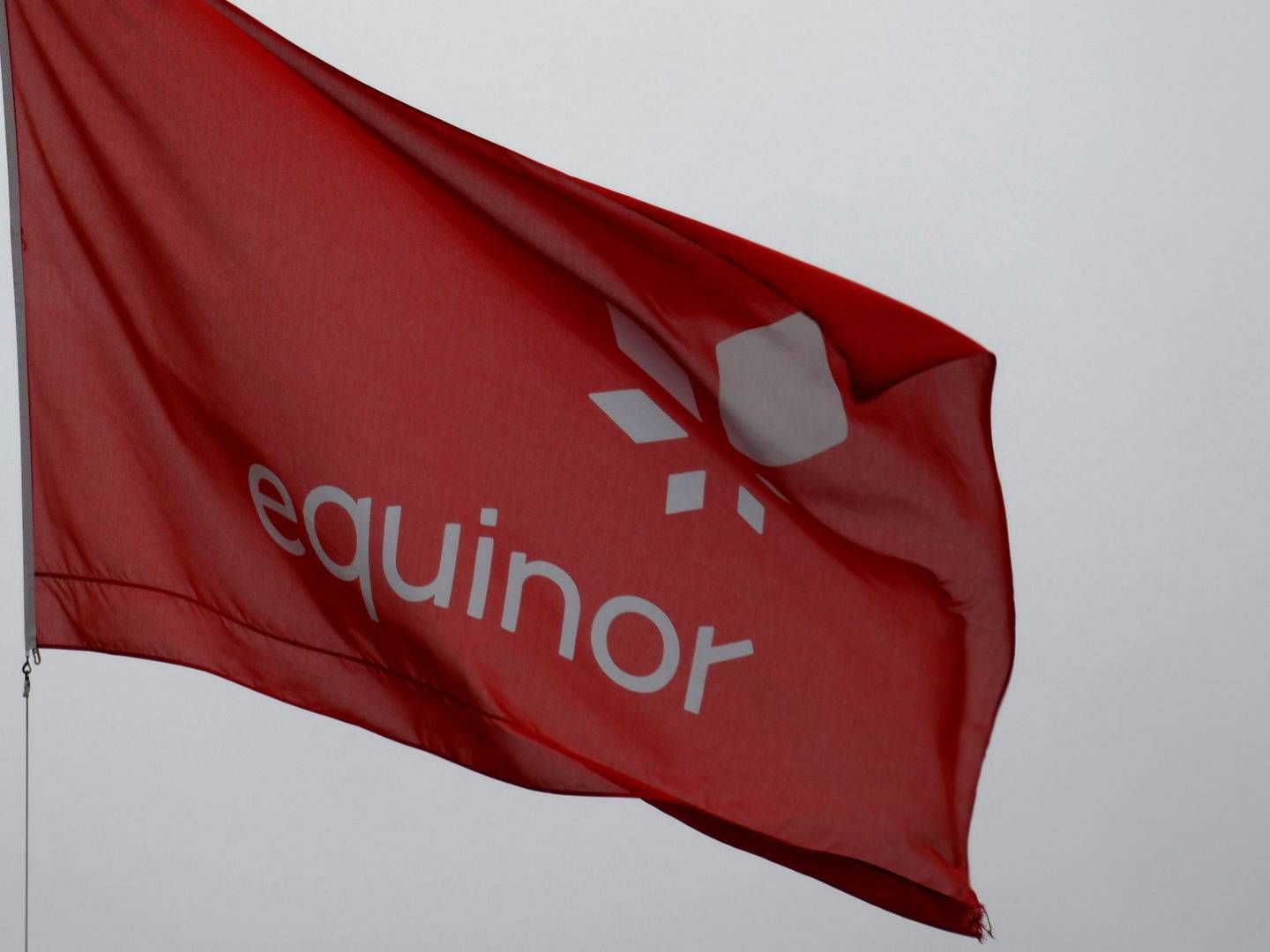

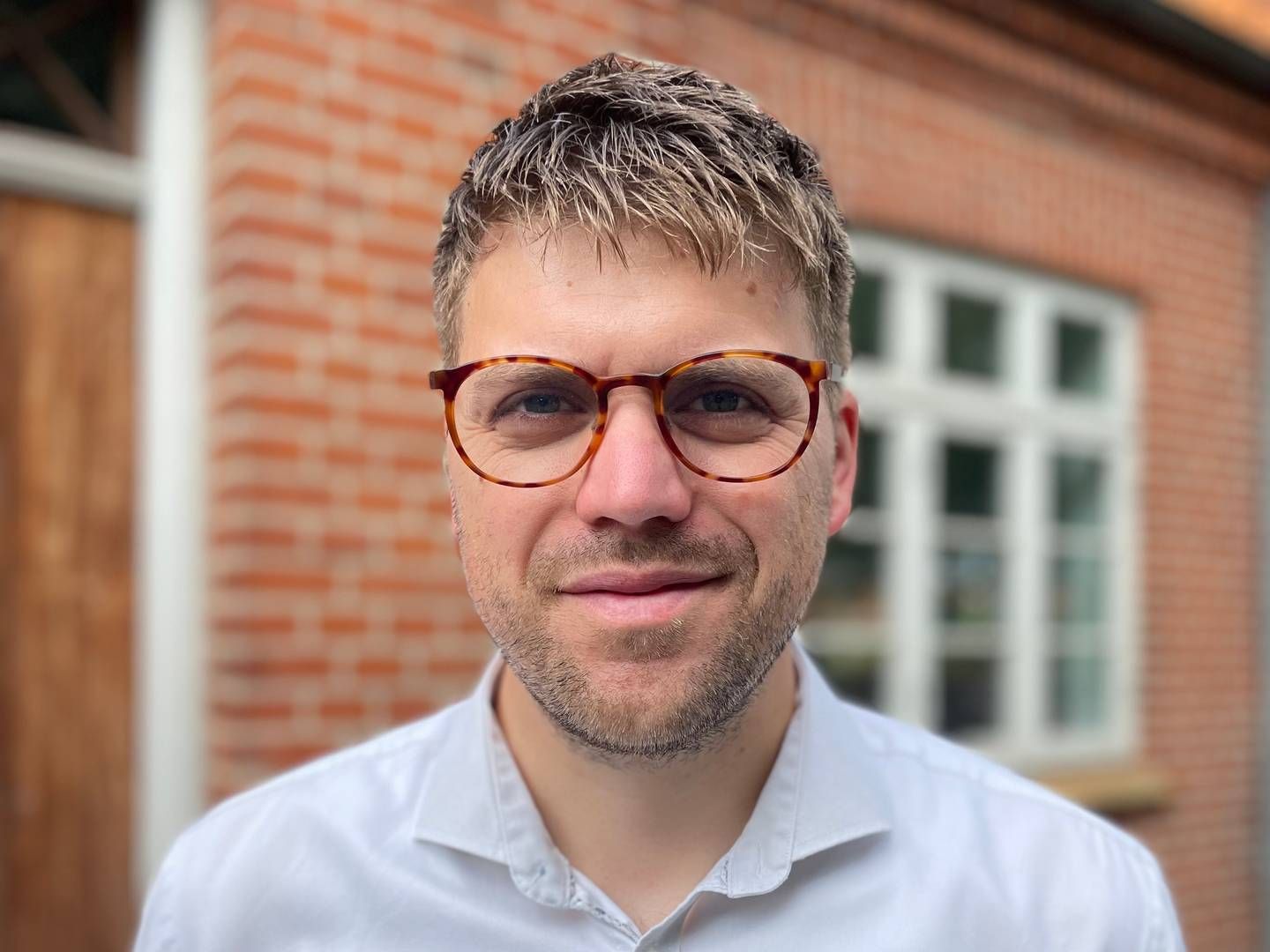
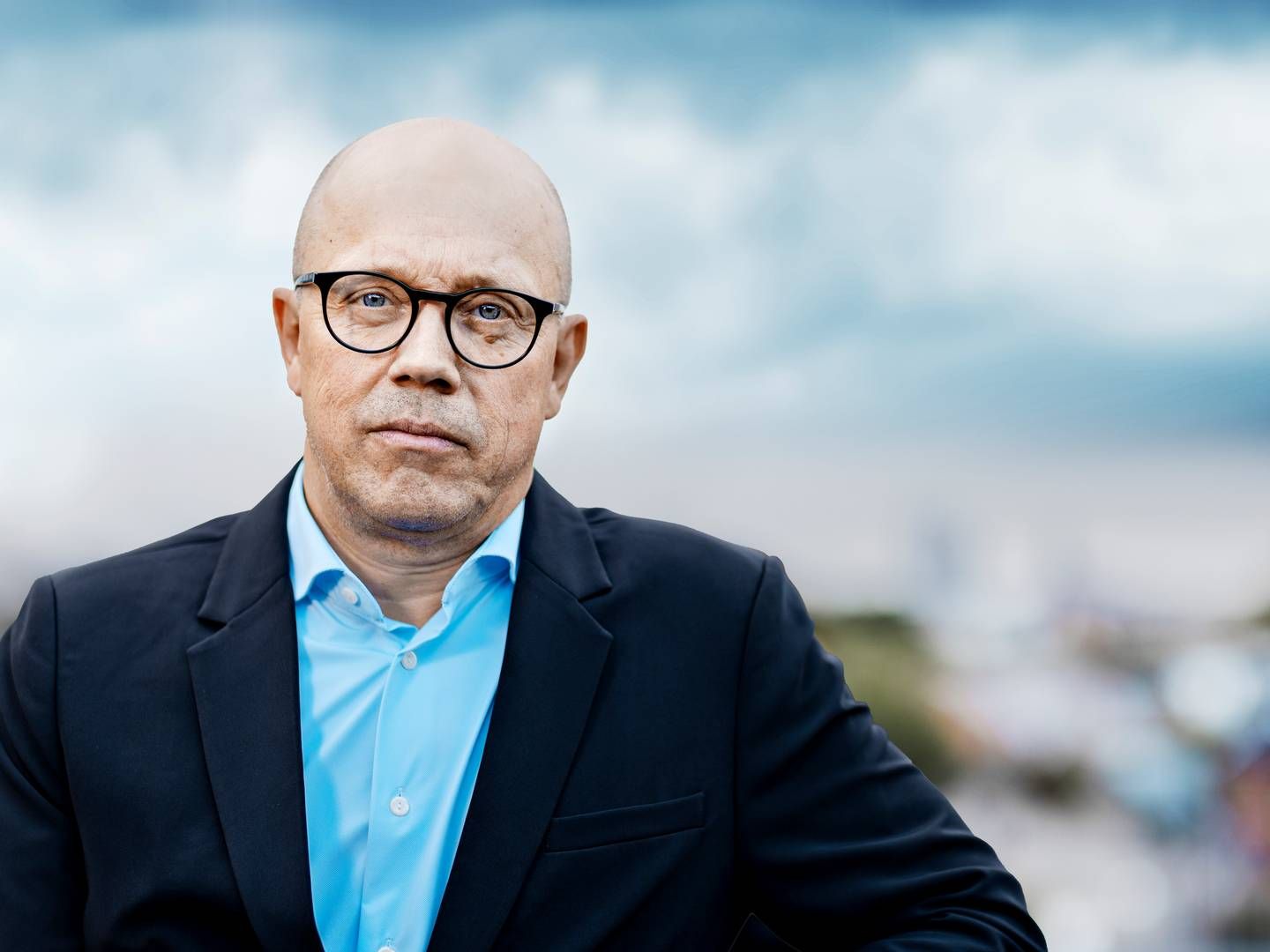



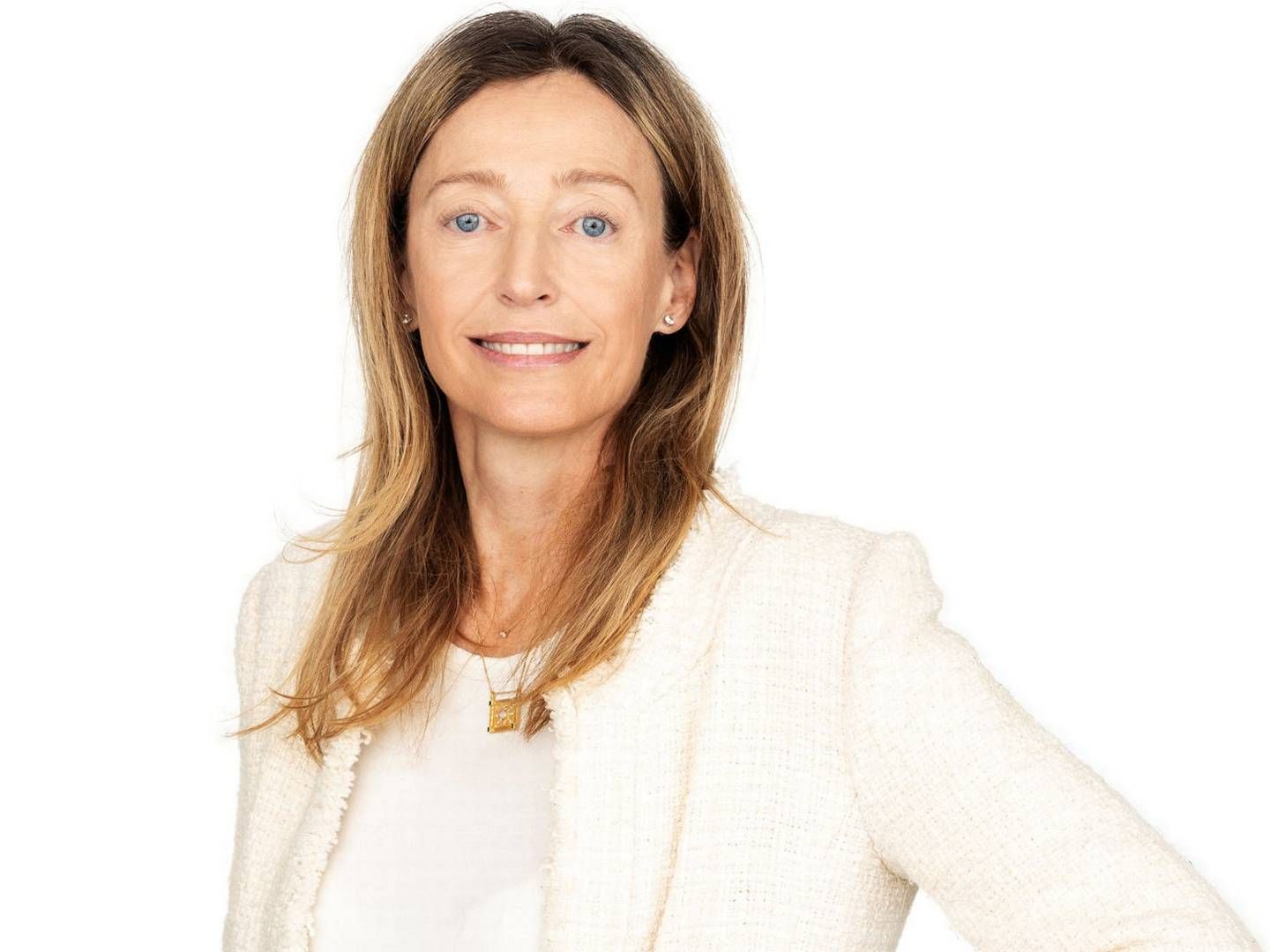

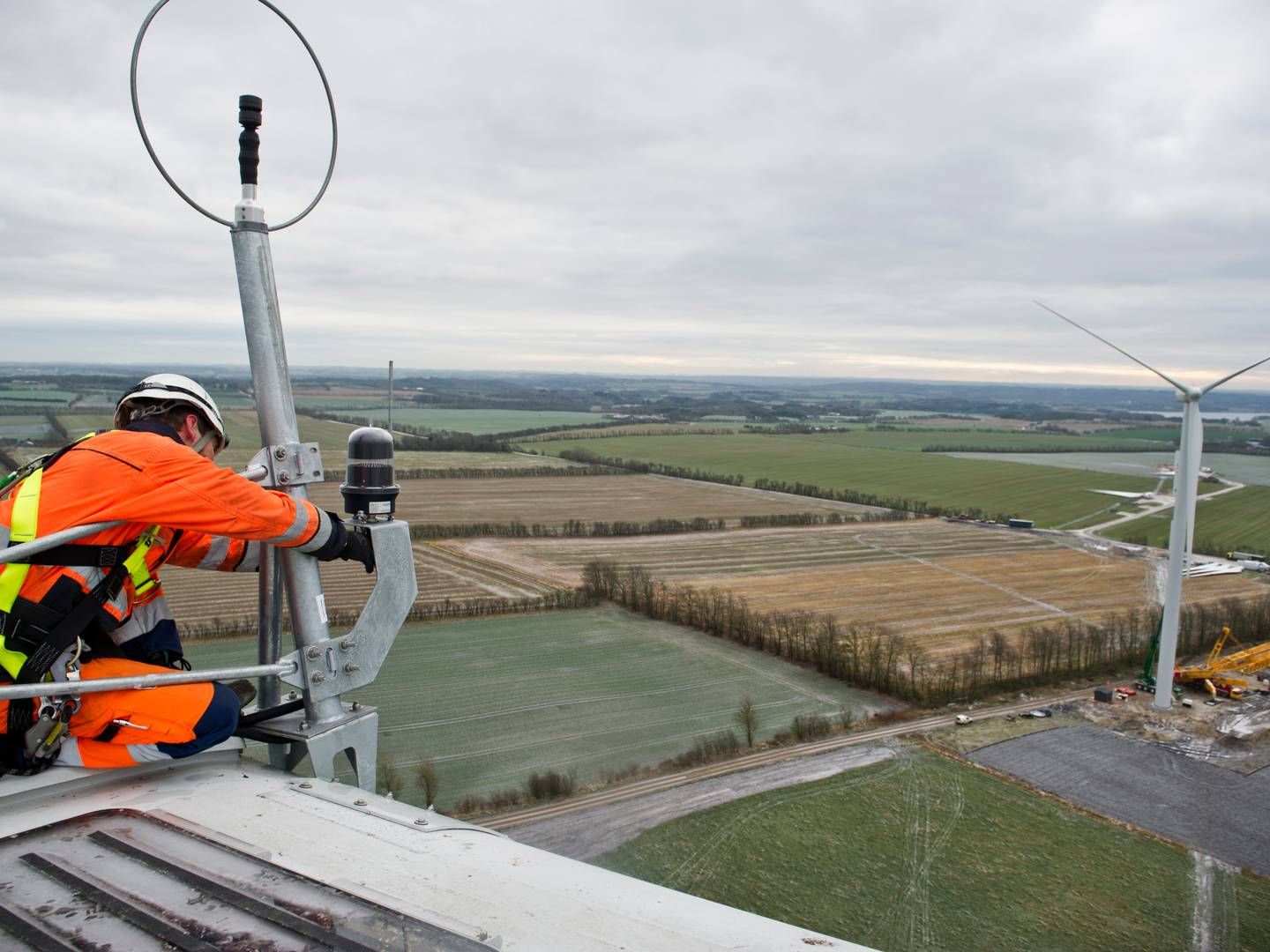
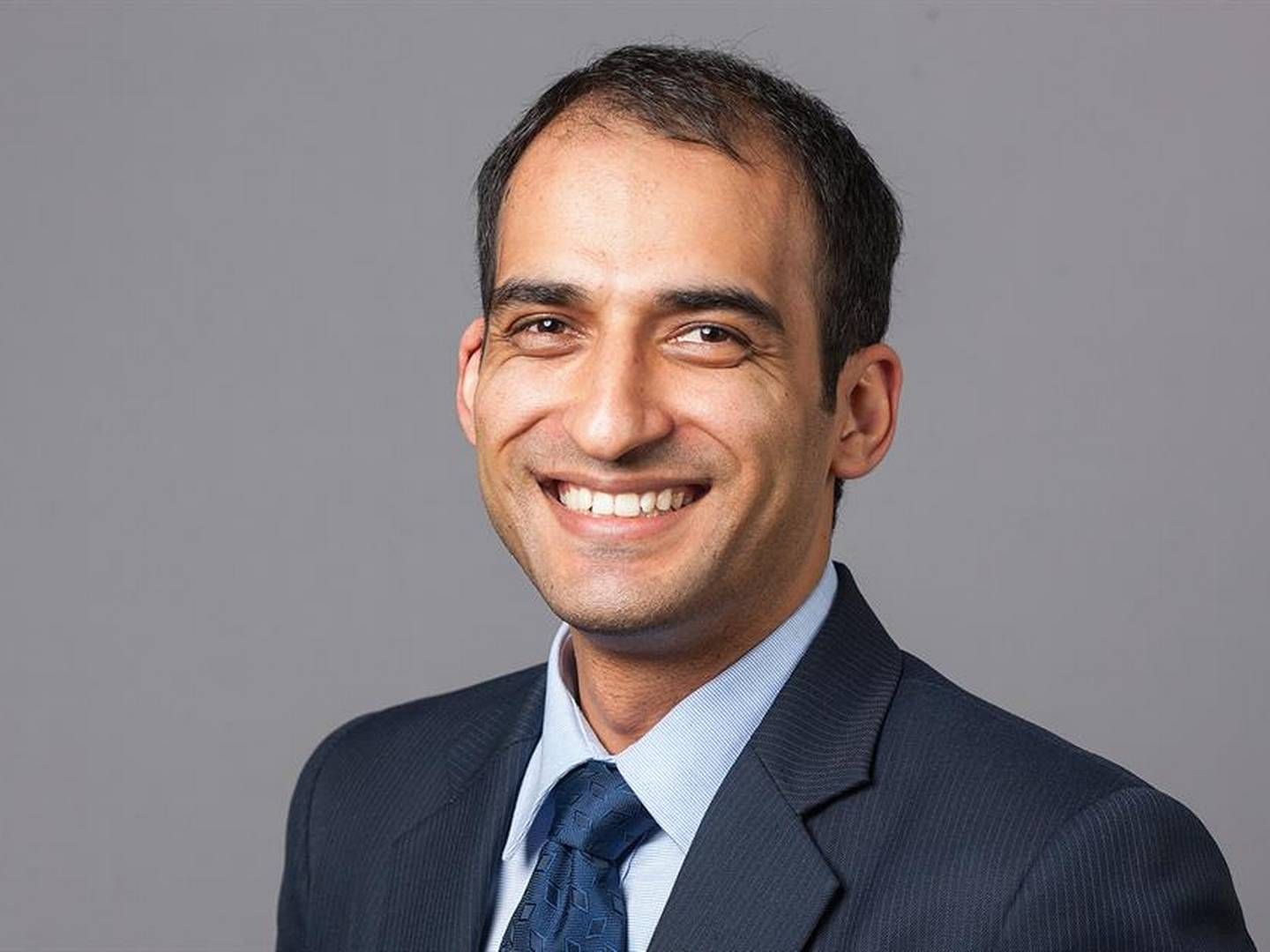


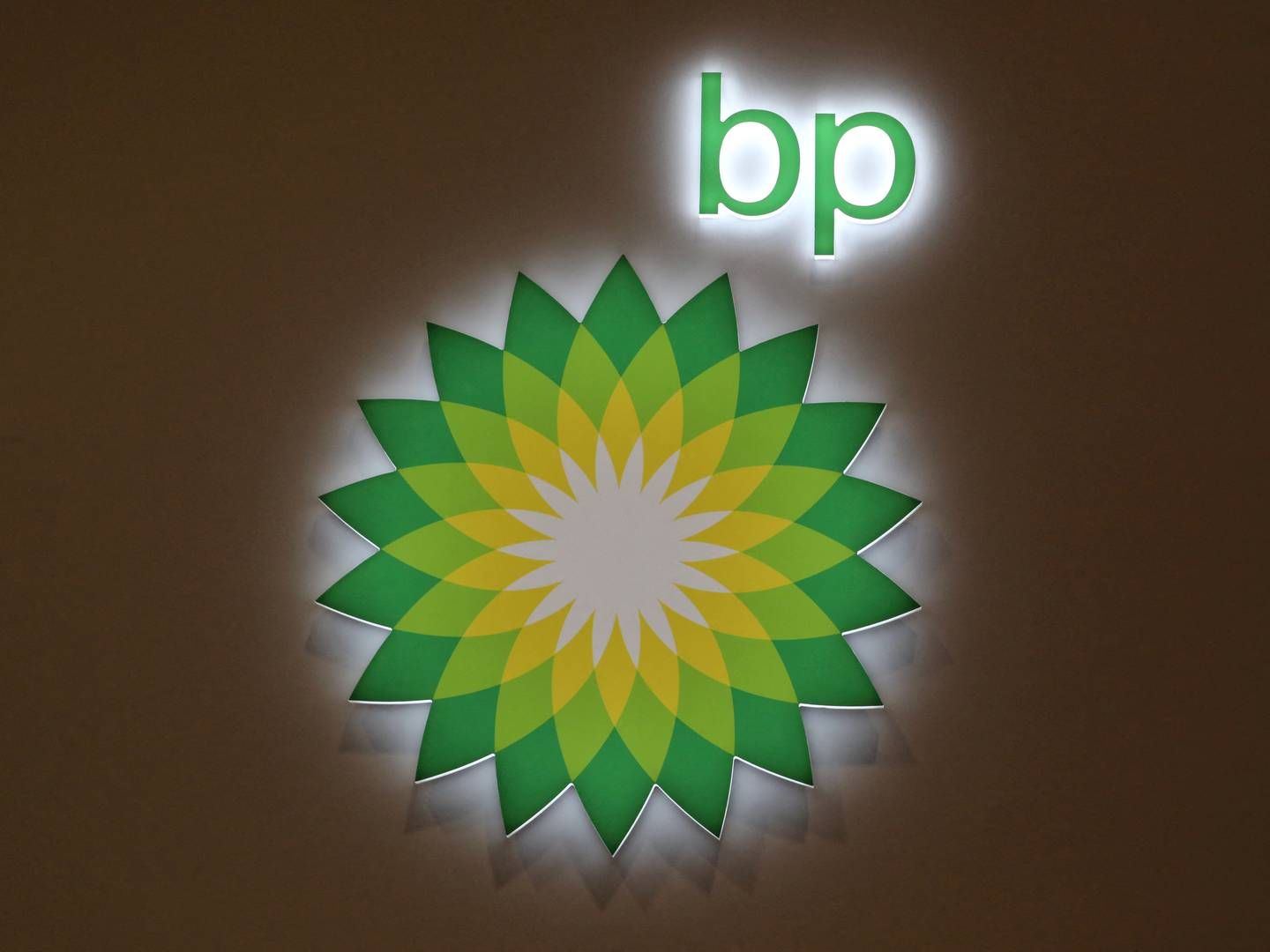
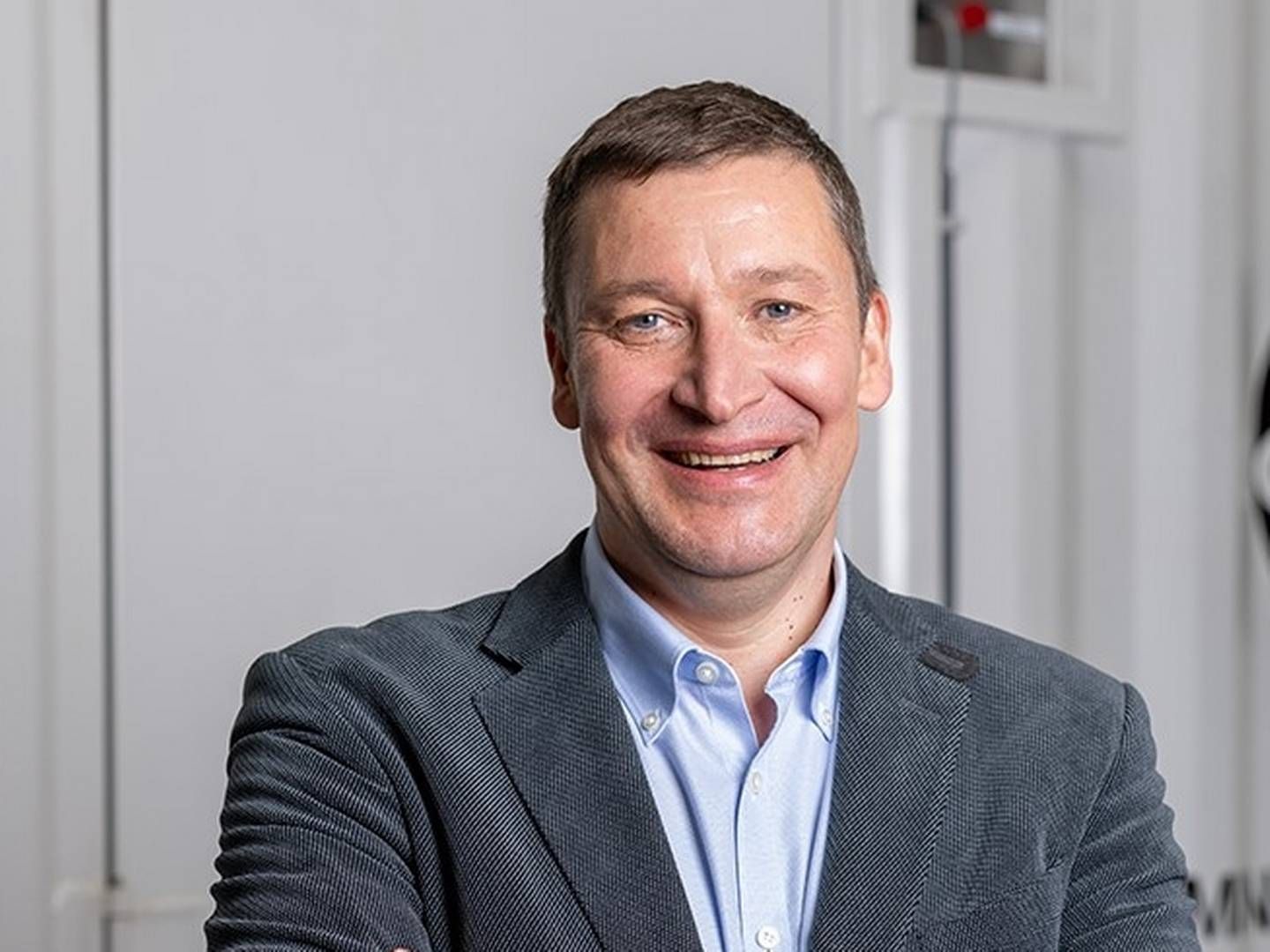
.jpg&w=384&q=75)






